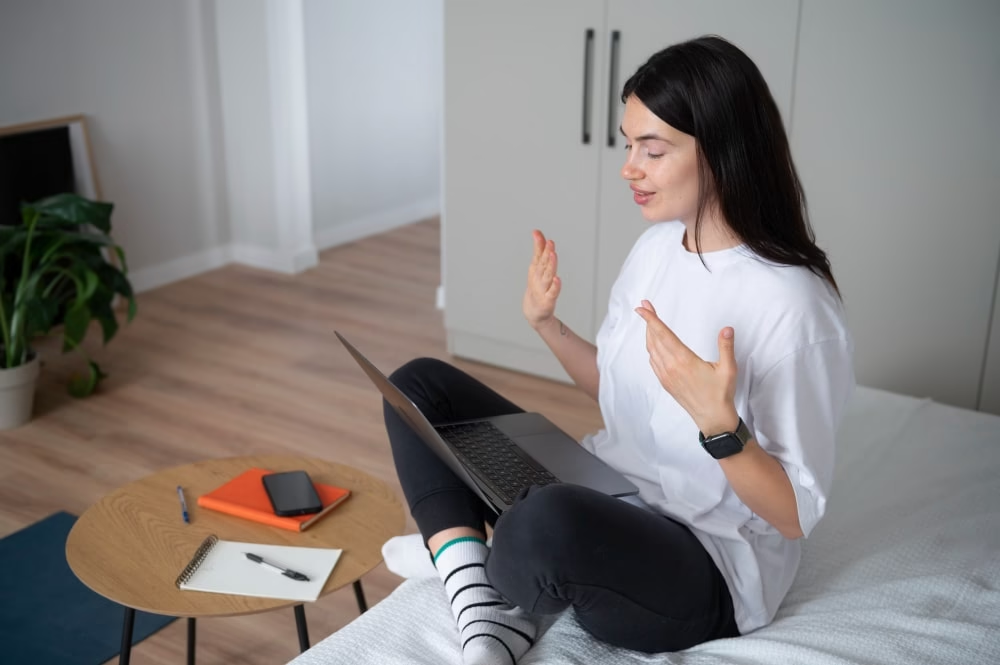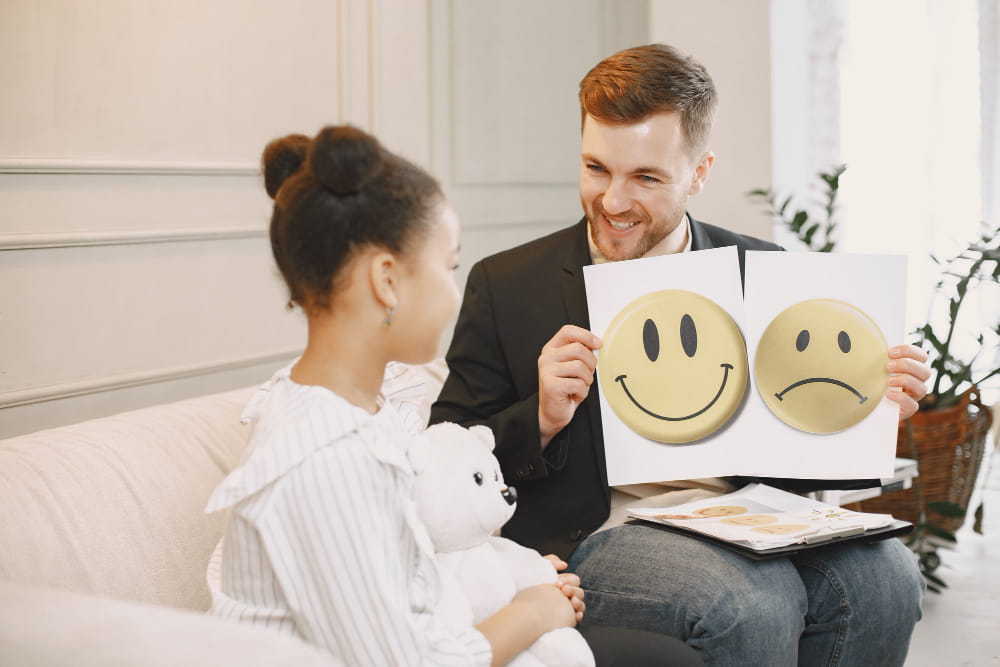When you’re in the grip of anxiety or struggling through the fog of depression, even the smallest tasks can feel monumental. Reaching out for help may seem like another hurdle in a life that already feels too heavy. That’s why virtual therapy is changing the game for mental health care. Telehealth for anxiety and depression is not just a convenient alternative, it’s a doorway to consistent, compassionate support that fits into your real life.
While traditional in-person therapy certainly has its place, more people today are discovering that healing doesn’t have to happen within the four walls of a clinic. It can happen on your couch, during your lunch break, or wherever you feel safe. The shift toward online depression treatment and virtual mental health support isn’t just about modernizing care, it’s about making healing more human and more accessible.
Building Real Connections in Virtual Spaces
One of the biggest misconceptions is that therapy delivered through a screen lacks emotional depth. But therapists trained in virtual care are skilled at establishing trust and emotional connection, even through video. In fact, many patients find it easier to open up from the comfort of home. For those dealing with social anxiety, chronic fatigue, or depression that makes it hard to leave the house, this can make all the difference.
Virtual sessions eliminate the stress of commuting, running late, or managing public settings. You’re not trying to process your emotions while stuck in traffic or walking into a waiting room. Instead, you’re able to focus fully on what matters—your healing.
Consistency Matters, and Telehealth Supports It
Mental health progress depends on consistency. Missing sessions or delaying treatment can interrupt recovery and leave you stuck. Telehealth for anxiety and depression solves this by making it easier to show up. With a few clicks, you can join your session without worrying about travel time or taking a full day off work. This accessibility improves commitment, which often translates into better outcomes.
The beauty of virtual care is also in its flexibility. Whether you prefer weekly chats, biweekly sessions, or quick check-ins during rough patches, online anxiety treatment offers models that can flex with your schedule and needs.
Evidence-Backed and Patient-Approved
You might wonder—does virtual therapy actually work? The research says yes. Numerous studies confirm that telehealth for anxiety and depression delivers outcomes comparable to in-person therapy. Evidence-based methods like Cognitive Behavioral Therapy (CBT) and Dialectical Behavior Therapy (DBT) can be practiced just as effectively in a virtual format.
And patients aren’t just experiencing progress, they’re staying engaged. Studies show that client satisfaction with online therapy is consistently high, often due to the comfort, privacy, and control that virtual sessions provide.
Empowering You to Take the First Step
Depression and anxiety often rob people of the motivation to seek help. Even booking an appointment can feel overwhelming. Online depression treatment helps lower that activation barrier. You can browse therapists, schedule sessions, and start your mental health journey, all without leaving home.
For people who have never tried therapy, telehealth offers a softer entry. There’s no awkward waiting room or unfamiliar office. There’s just a screen, a voice, and someone on the other side ready to help you carry the weight.
Many platforms also offer secure messaging between sessions, so you’re not left alone during moments of emotional distress. This sense of continuity is especially valuable for managing anxiety spikes or depressive episodes between sessions.
Who Is Virtual Care Helping?
While telehealth might not be the best fit for crisis situations requiring immediate in-person support, it’s an ideal option for people managing:
- Generalized anxiety
- Mild to moderate depression
- Social anxiety
- Panic attacks
- Work-related stress or burnout
- Grief and loss
Whether you’re dealing with long-standing struggles or facing a new emotional challenge, online anxiety treatment can meet you where you are—emotionally and literally.
Finding the Right Therapist Online
The therapist-client relationship is the cornerstone of healing. Fortunately, virtual care platforms allow you to filter by specialization, gender, cultural understanding, and therapeutic approach. That way, you’re not just choosing someone who’s available, you’re choosing someone who truly understands your needs.
Look for licensed professionals with experience in treating the conditions you’re dealing with. Read reviews, ask questions during an intro session, and trust your instincts. If it doesn’t feel like the right fit, you can try another therapist, without switching clinics or losing momentum. But with Polished Mind Psychiatry, you never feel any hesitation, as we ensure everything works smoothly between us, and you achieve the results you seek.
Closing Thoughts
Mental health care is evolving—and for many, it’s evolving in the right direction. Telehealth for anxiety and depression isn’t about replacing traditional therapy, it’s about removing the obstacles that prevent people from getting the help they need. With the flexibility to fit into your life, the privacy to support your comfort, and the effectiveness backed by science, online therapy is more than a trend. It’s a lifeline.
Taking that first step can be hard, but Polished Mind Psychiatry can really help!




